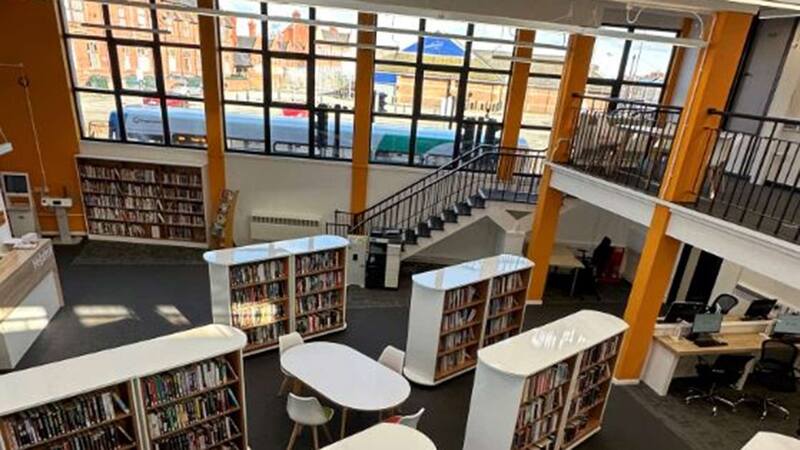You are viewing your 1 free article this month. Login to read more articles.
CILIP highlights impact of libraries as part of Libraries Change Lives Week
CILIP, the library and information association, has unveiled more than 150 stories that reveal the life-changing impact libraries have on their users as part of Libraries Change Lives Week across the UK.
CILIP conceived Libraries Change Lives Week as a way for the library profession across all sectors to share the power and reach of libraries with the public, and national and local government by sharing their stories of impact.
CILIP said it had been working closely with library staff and library services to build a portfolio of the life-changing impact libraries have on their users through the stories that librarians have shared to illustrate the breadth and value of their work.
The 150-plus stories are hosted on an interactive map and reveal narratives of dedicated library staff across the UK working daily with their users on the high street enabling people to access public services, in the NHS helping guide clinicians with life-saving research and practice, on university campuses enabling learning and innovation, and in prisons doing life-changing work.
CILIP chief executive Louis Coiffait-Gunn said: "Building on a proposal from Baroness Sanderson’s independent review of public libraries earlier in the year, as the professional association for the library and information sector we wanted to show government at all levels the enormous value of libraries to their communities—locally and nationally—and the huge range of benefits a vibrant, properly-funded sector delivers for the public."
As many libraries continue to face budget and service cuts across the country, it is more important than ever for the sector to show the public and government the huge difference libraries make in communities, CILIP added.
CILIP pointed to the following as a snapshot of what is going on in libraries:
Todmorden library brings outer space down to earth with their "Borrow the moon". They loan out boxes, which contain investigation equipment, Martian rock samples and guides, to libraries, schools, universities, and research institutes;
The Memory Café in Harwich Library connects people across age groups in their local community to support independent living, health and wellbeing for people with dementia. The activity takes place at the same time as Baby & Toddler Rhymetime, so that attendees of the café benefit from contact with the families singing and the buzz they create in the library;
In West Sussex County Council, libraries have been retrofitted with air source heat pumps and ceiling insulation as part of a wider library building decarbonisation programme;
The Great Plague at Guildhall Library had 90 school children participating in interactive workshops that showcased original historical artefacts and texts encouraging students to learn more about local history and draw comparisons with their experience of Covid lockdowns. Children wrote their own "plague letters" inspired by what they had learned;
Poet Laureate Simon Armitage will visit HMP East Sutton Park prison library with the aim of bringing joy in reading and writing poetry to prisoners. Literacy levels in prison are far lower than in the general population— 57% of adult prisoners have pre-GCSE literacy levels.

















